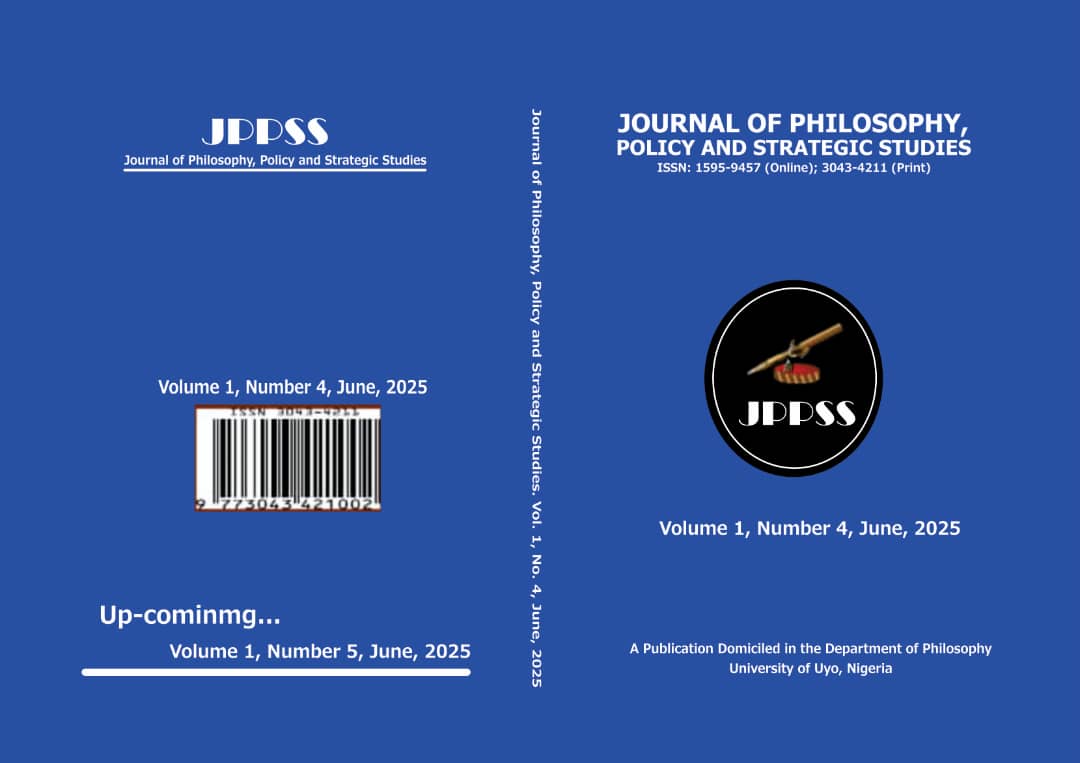ANALYSIS OF ROSI BRAIDOTTI’S POSTHUMAN FEMINIST PHILOSOPHY AND HOW IT CHALLENGES ANTHROPOCENTRIC TRADITIONS IN FEMINIST DISCOURSE
Uchenna Nympha Nkama
Department of Philosophy, Rivers State University, Nigeria
Email: nymphauchenna@gmail.com
Abstract
This study examines the philosophical contributions of Rosi Braidotti within the framework of contemporary feminist theory and posthumanist discourse. The research problem centres on the limitations of humanist frameworks in addressing the complexities of identity, subjectivity, and agency in an era characterized by technological advancements and global interconnectedness. The primary aim of this study is to critically assess Braidotti’s theoretical interventions; particularly her engagement with posthumanism and its implications for feminist thought. The research employs a qualitative methodology, drawing on textual analysis of Braidotti’s key works and secondary literature. Through this approach, the study explores how her concept of the posthuman challenges traditional notions of autonomy and selfhood while offering an alternative vision of ethics and political subjectivity. The findings suggest that Braidotti’s posthumanist perspective provides valuable insights for rethinking contemporary feminist strategies, emphasizing relationality, embodied subjectivity, and affirmative ethics. The study recommends further exploration of posthumanist ethics in policy-making and gender studies, encouraging interdisciplinary engagement with Braidotti’s work. In conclusion, the research underscores the transformative potential of posthumanism in addressing contemporary socio-political issues, advocating for a more inclusive and dynamic understanding of subjectivity beyond humanist constraints.
Keywords: Posthuman feminism, Anthropocentrism, Gender norms, Binary constructs, Inclusion.


